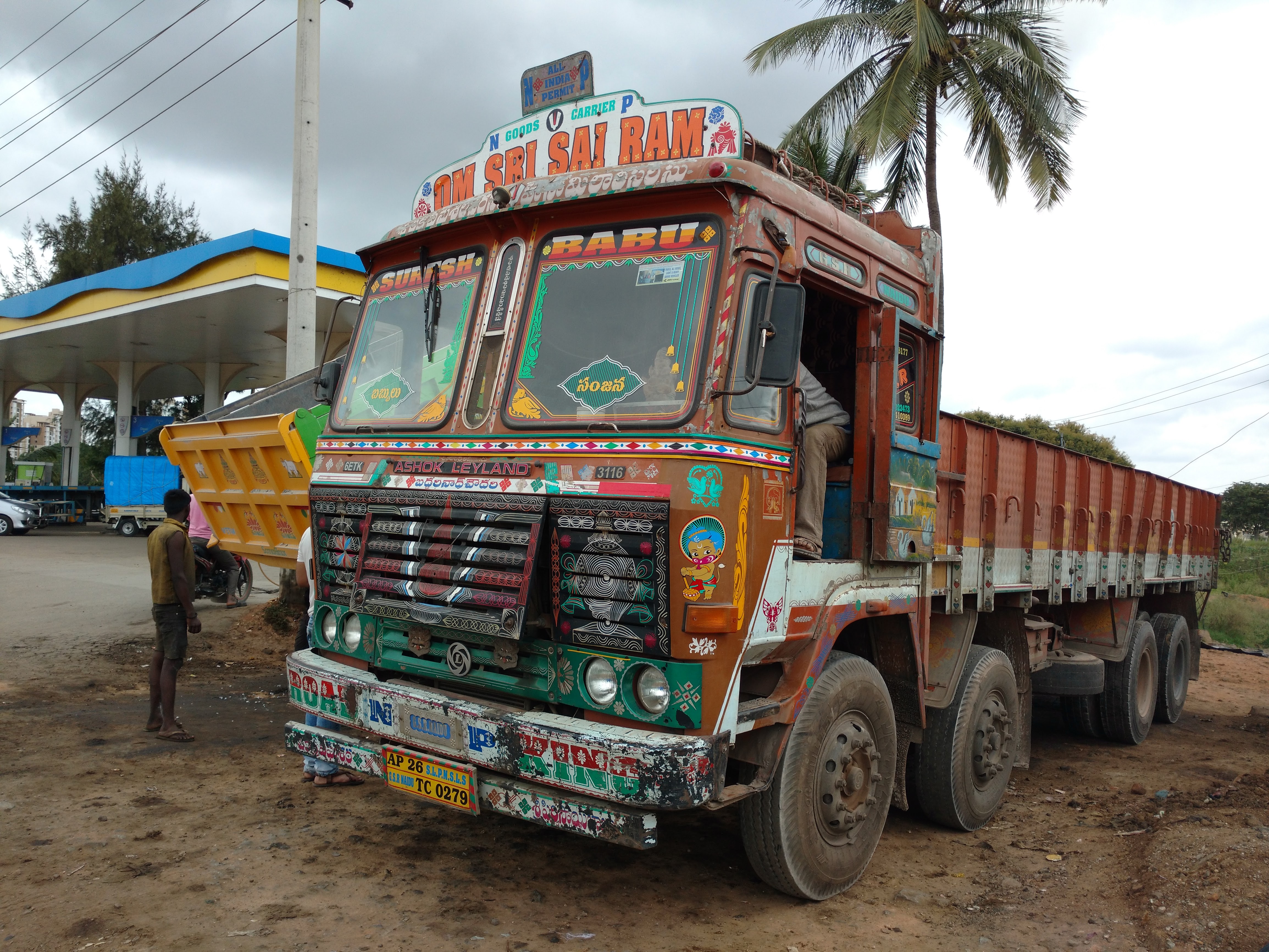
Covid19: Protecting Indian Trucking
- By Harshvardhan Samvatsar --
- june 16, 2020
Logistics, Trucking, Supply Chain, Covid19, Road Transportation
On March 22, the Central government initiated the Janata Curfew as a response to Coronavirus pandemic. The logistics operations pan India instantaneously came to a screeching (no pun intended) halt. Stranded trucks, homeless drivers, and high at-risk material & asset inventory were a nightmare come to life for transporters & shippers. Transportation of goods via roads handles more than 60% of domestic freight cargo in India - the trucking industry is the backbone of our economy. Daily revenues of trucking companies plummeted nearly to zero in a single day!
The trucking industry has always had several challenges - fragmented supply, multiple layers of intermediaries, poor credit controls, regulatory lacunae, and harassment by authorities. These have led to high logistics costs, poor service levels, and high supply churn. COVID19 created simply exacerbated this.
Different and uncoordinated directives from different governments did not help the situation. At the start of the lockdown, the central directive allowed the transportation of essential goods. But each state had its own rules & pass mechanisms. Obtaining passes in each state, in each district, and even in each city had a different process. Some cities (like Bangalore, Kolkata) invited online applications. Others (like Patna, Bhubaneshwar) mandated physical applications. Many other cities had no process for obtaining passes. All solutions required multiple approvals, leading to delays and failures in pass procurement. In the meantime, police were restricting the movement of all trucks, arresting and in some cases beating up drivers.
With multiple call-outs, the central government issued new directives to allow all movement of trucks (essentials and non-essentials) everywhere to protect drivers and ensure successful deliveries. However, the on-ground situation was yet uncertain. Again, officials across different states executed the directives differently. Drivers were scared and many returned homes. As a result, many companies who could operate found themselves without drives to drive their trucks.
As things return to normal, inter-state movements is still a challenge. Drivers are subjected to thorough medical check-ups at each state border crossings. They do not have any resting places at these checkpoints and wait for hours (even days) in their trucks to pass through. The utilization of trucking assets has significantly reduced. The same round trips that would take 2/3 days to complete pre-COVID, now take 5/6 days to complete. This coupled with economic degrowth has meant that truck owners are generating lower revenues. Cash collection has become a challenge as many customers are defaulting on their commitments due to crunch. Truckers are not able to fulfil their EMI & other liabilities. Moratoriums announced on loan repayments help today but will have longer term consequences on their debt holding.
Tech led solutions & ventures have provided some respite to the industry. Digital marketplaces have provided visibility to shippers and truckers about the available requirements & relevant supply. These platforms have seen a significant uptick in their usage. Companies that have thus
far operated with traditional transporters have now started being more open to tech-first solutions. Vehicle owners are turning to these platforms to generate forward and return loads for their assets.
To ensure that the industry is protected during and post this pandemic, governments need to
implement policies with three principles - (1) absolute clarity regarding on-ground regulations and process execution (2) financial support and protection against credit defaults (3) tech-led
information sharing & marketplace creation to ensure maximum efficiencies in utilization of available resources.


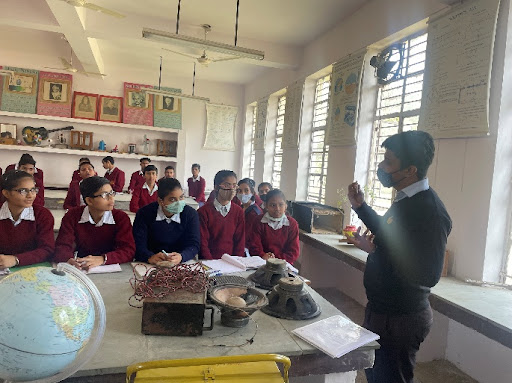
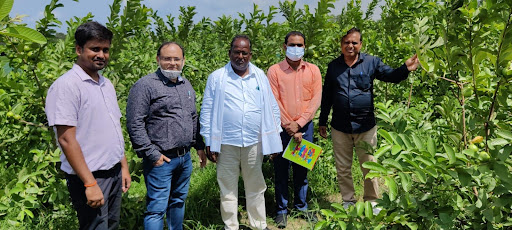
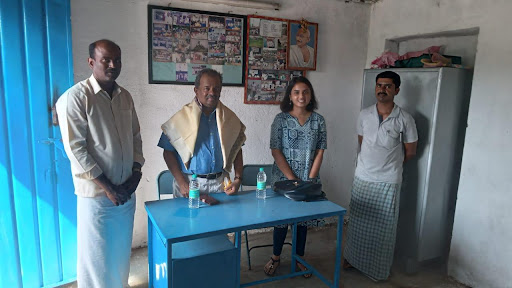
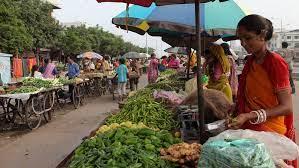
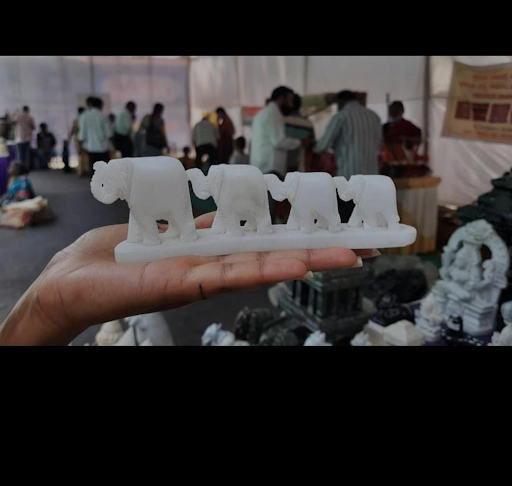
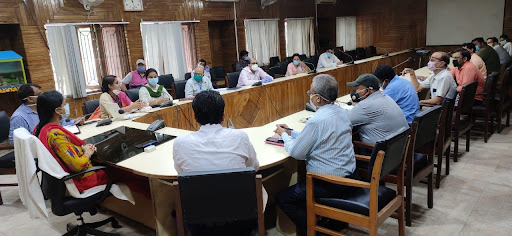
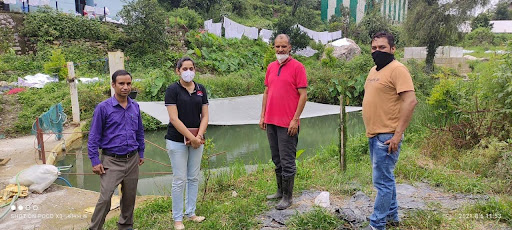
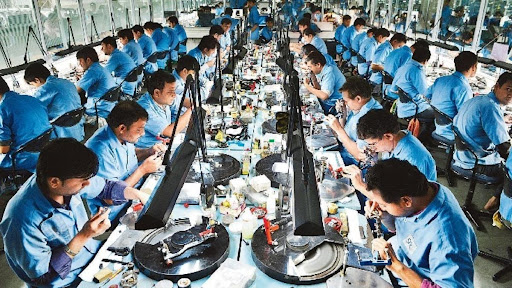



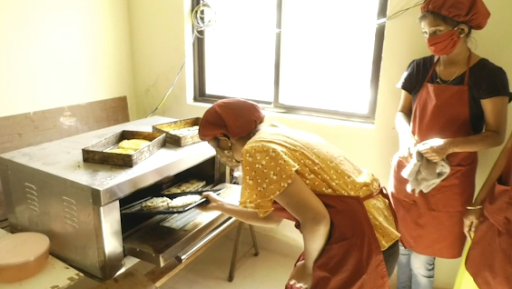
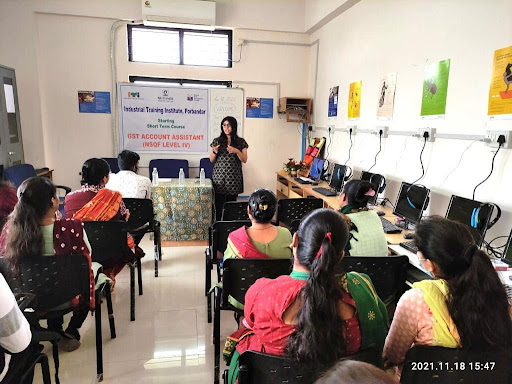
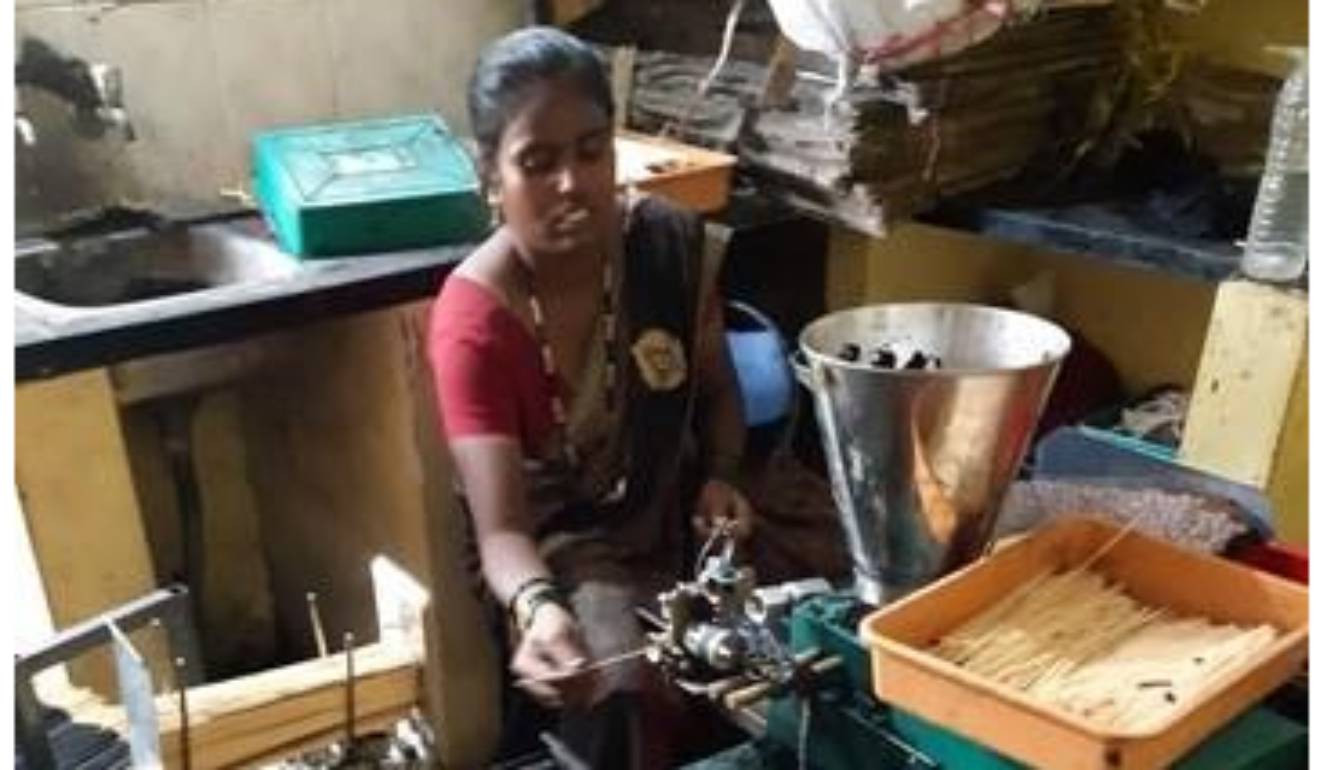
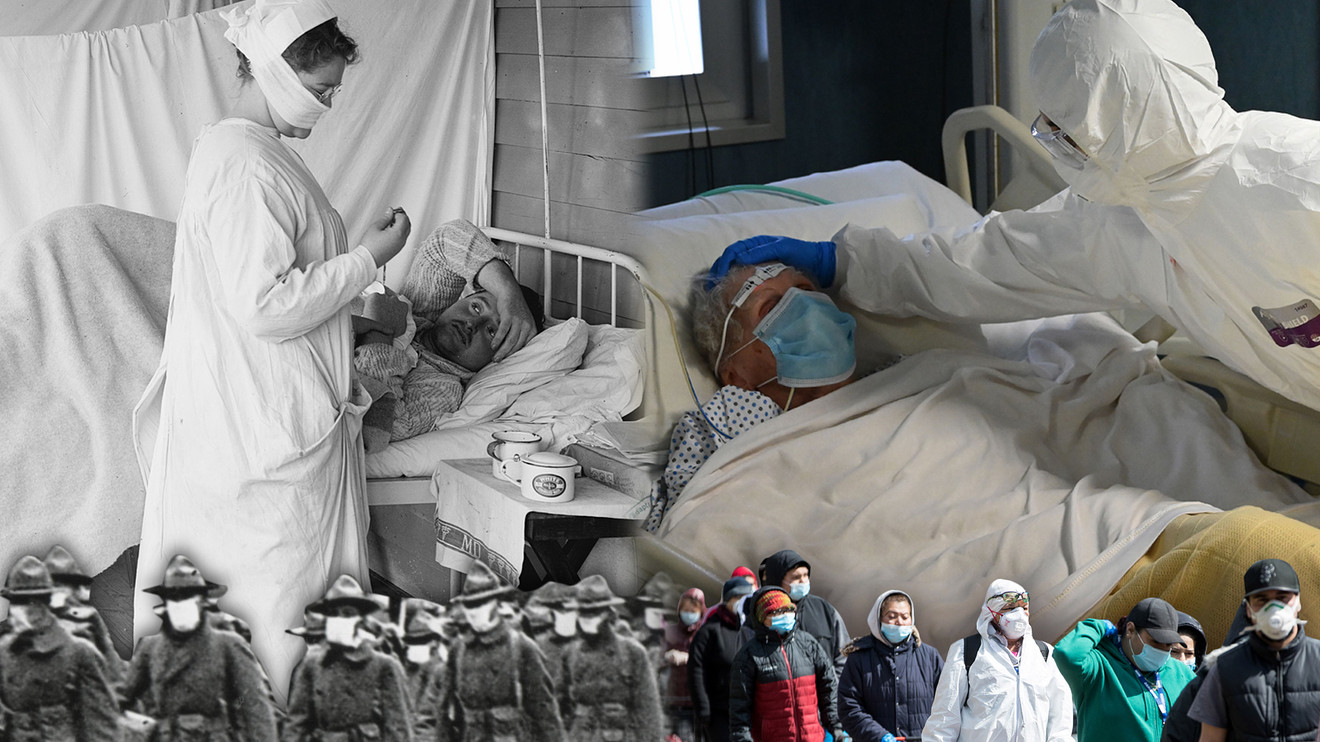


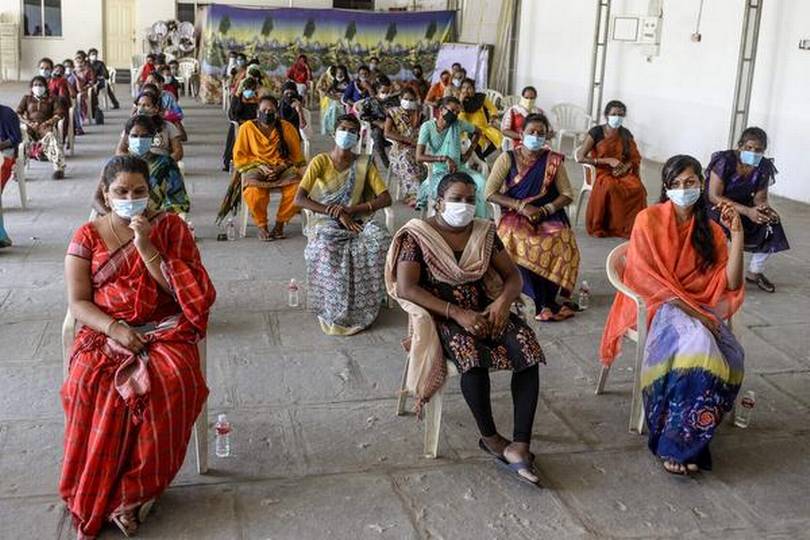
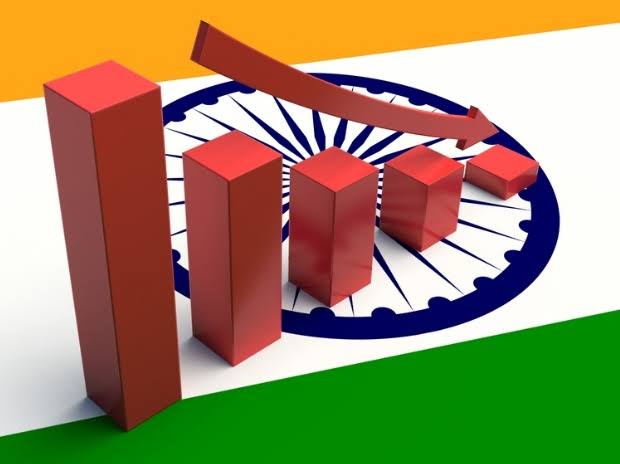


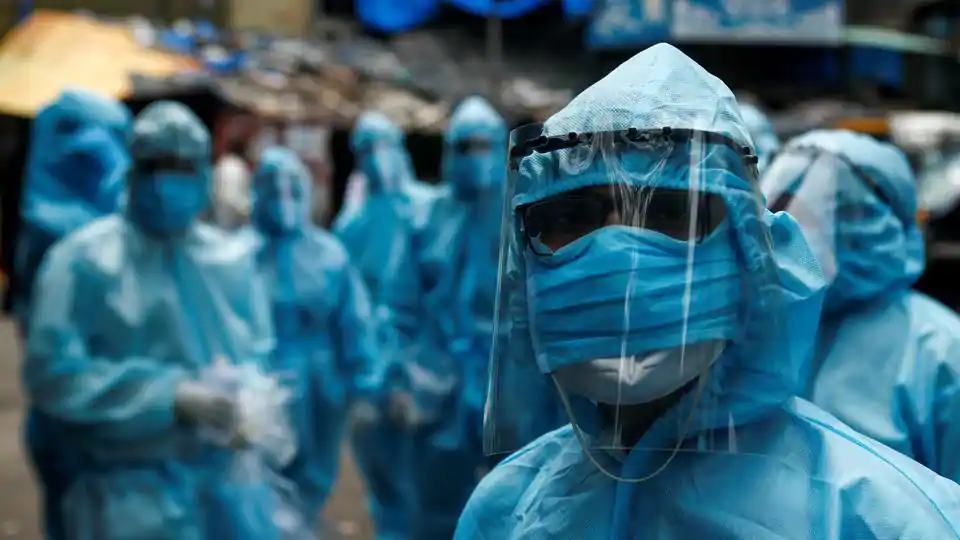



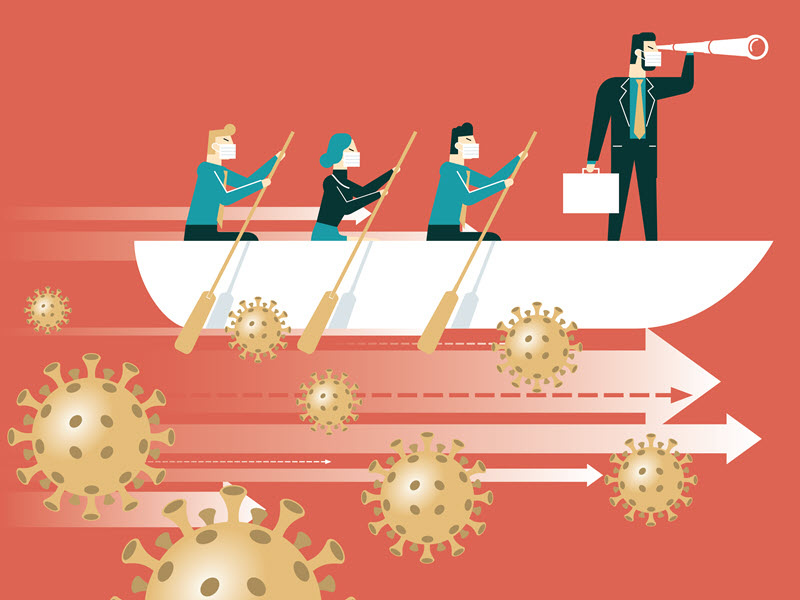
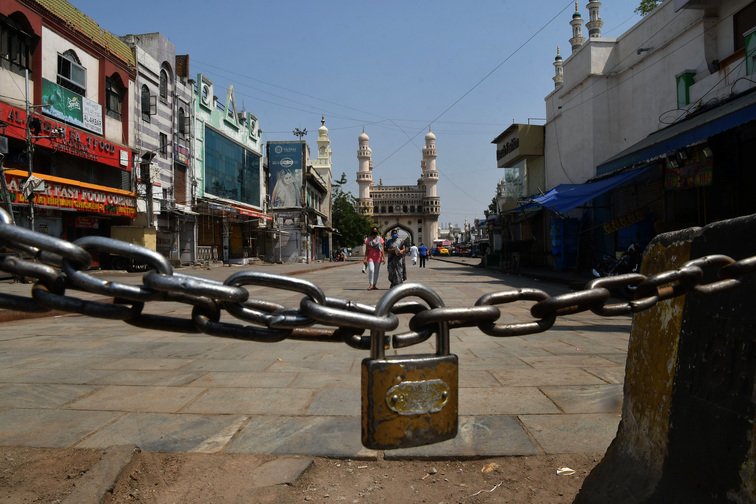
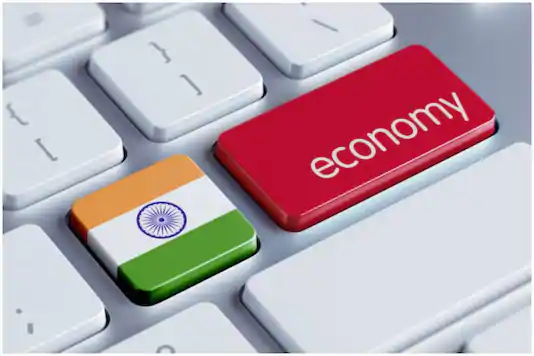
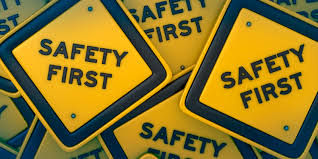

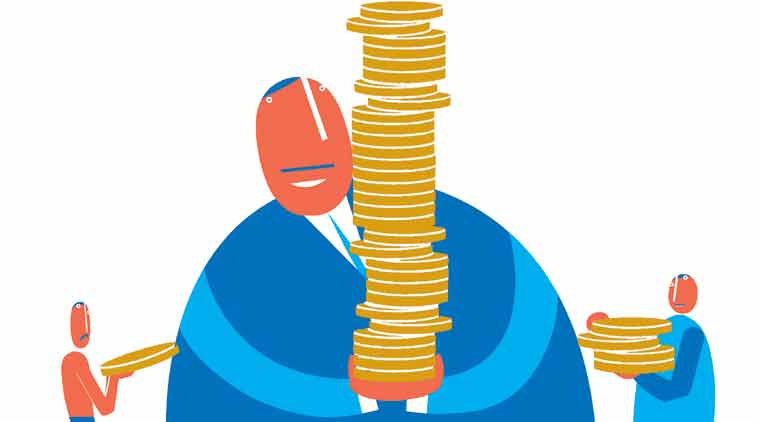
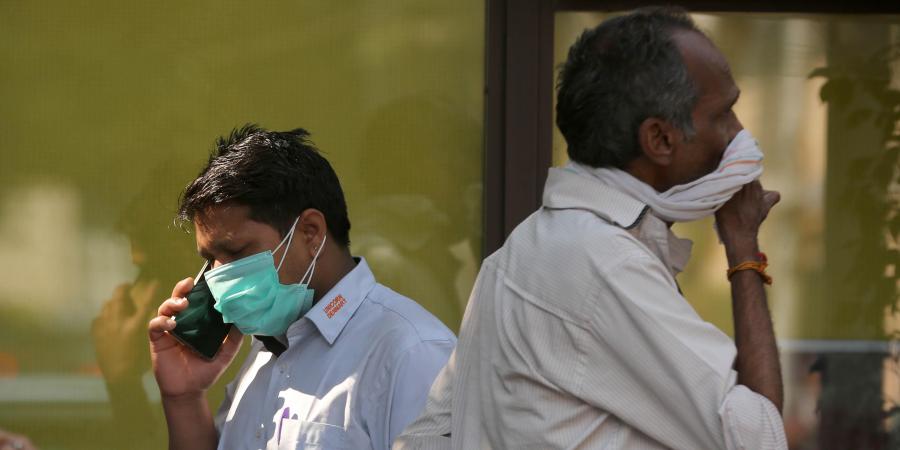
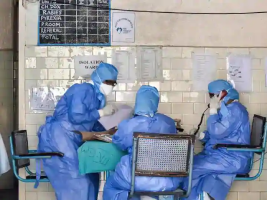
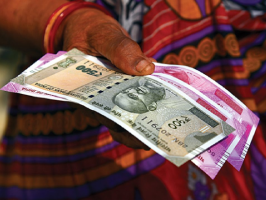

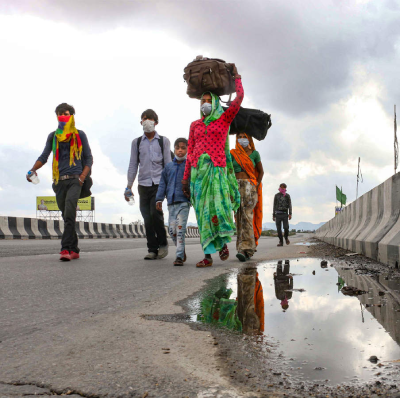
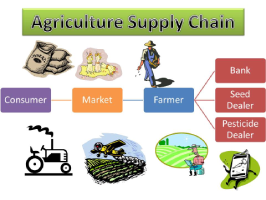
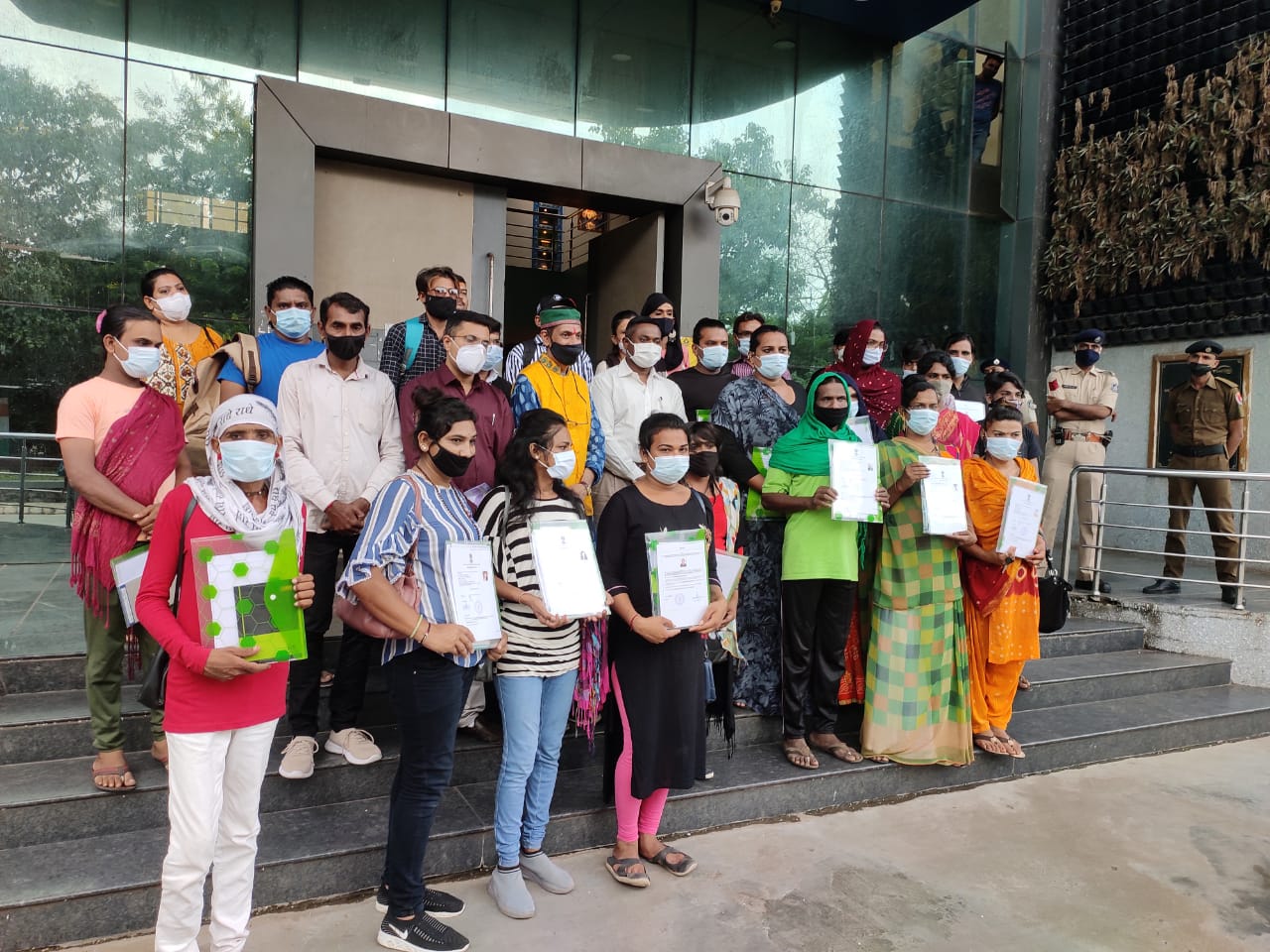
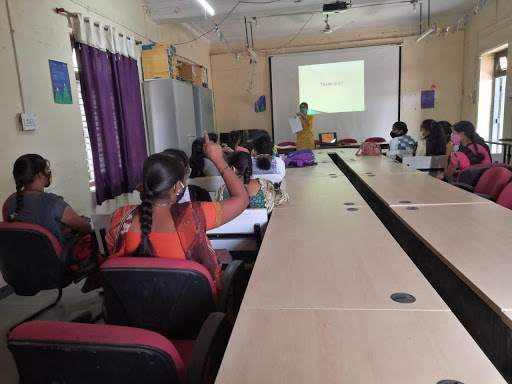
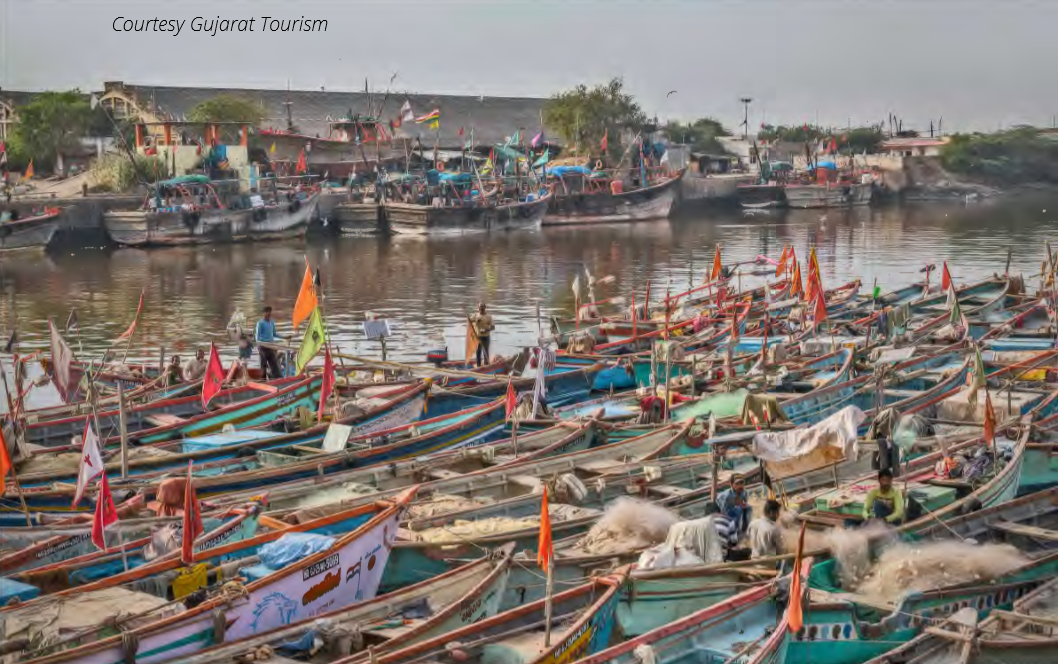


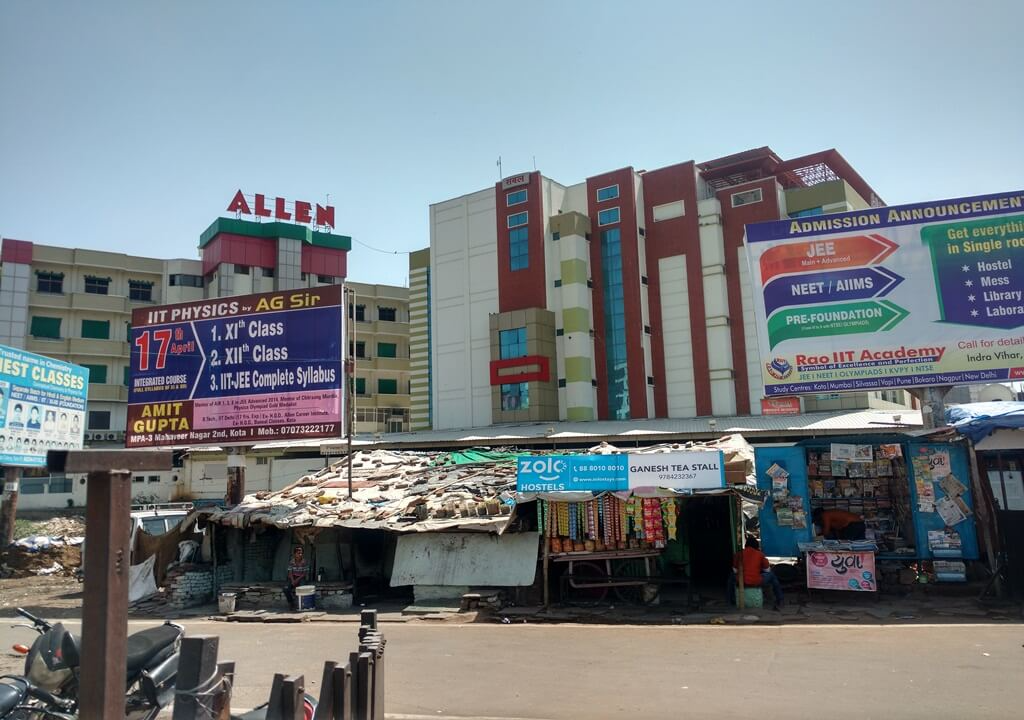
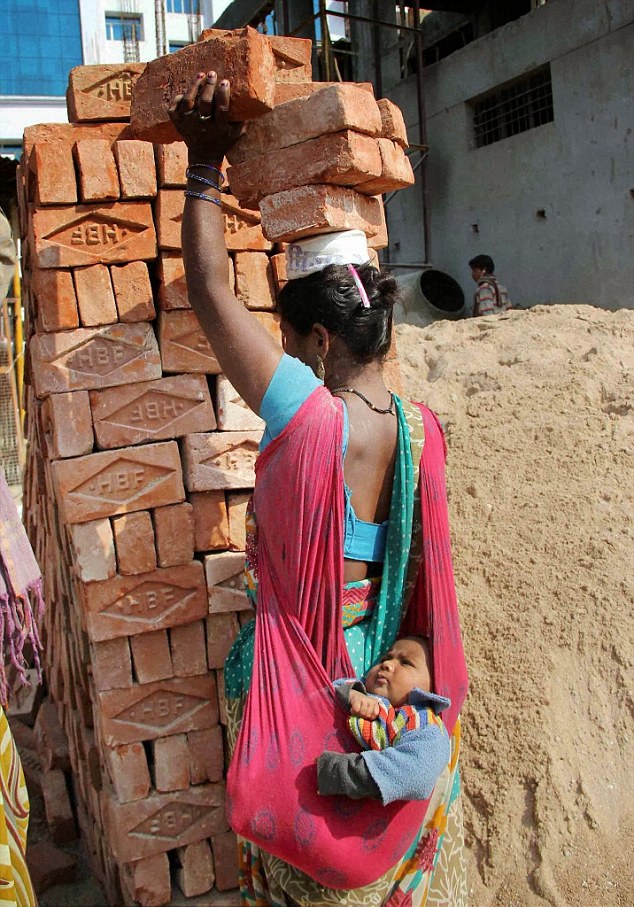
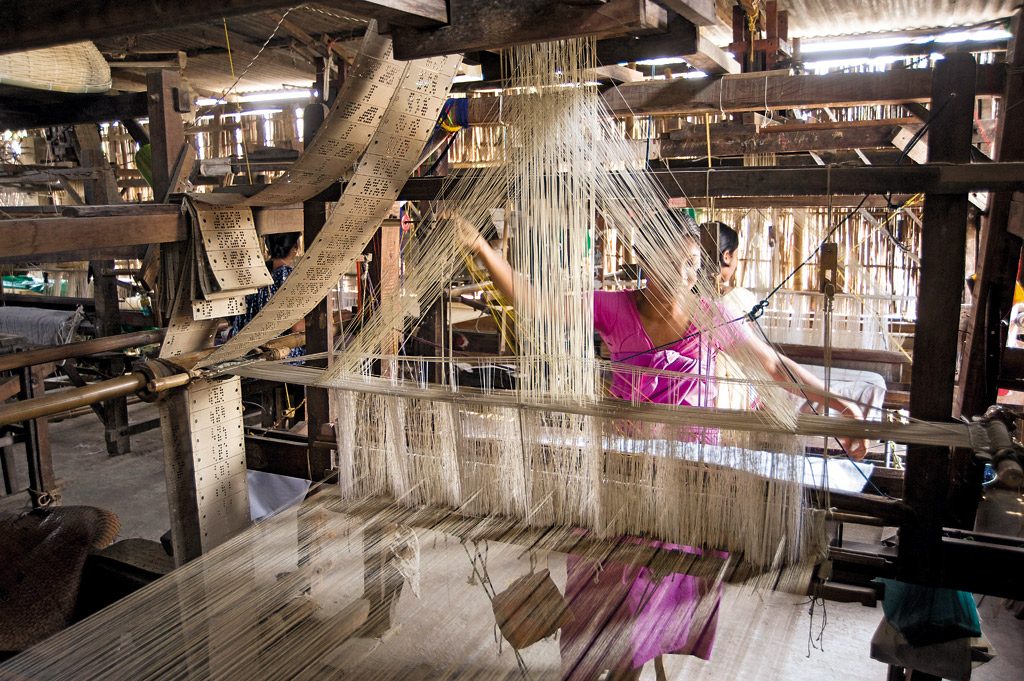
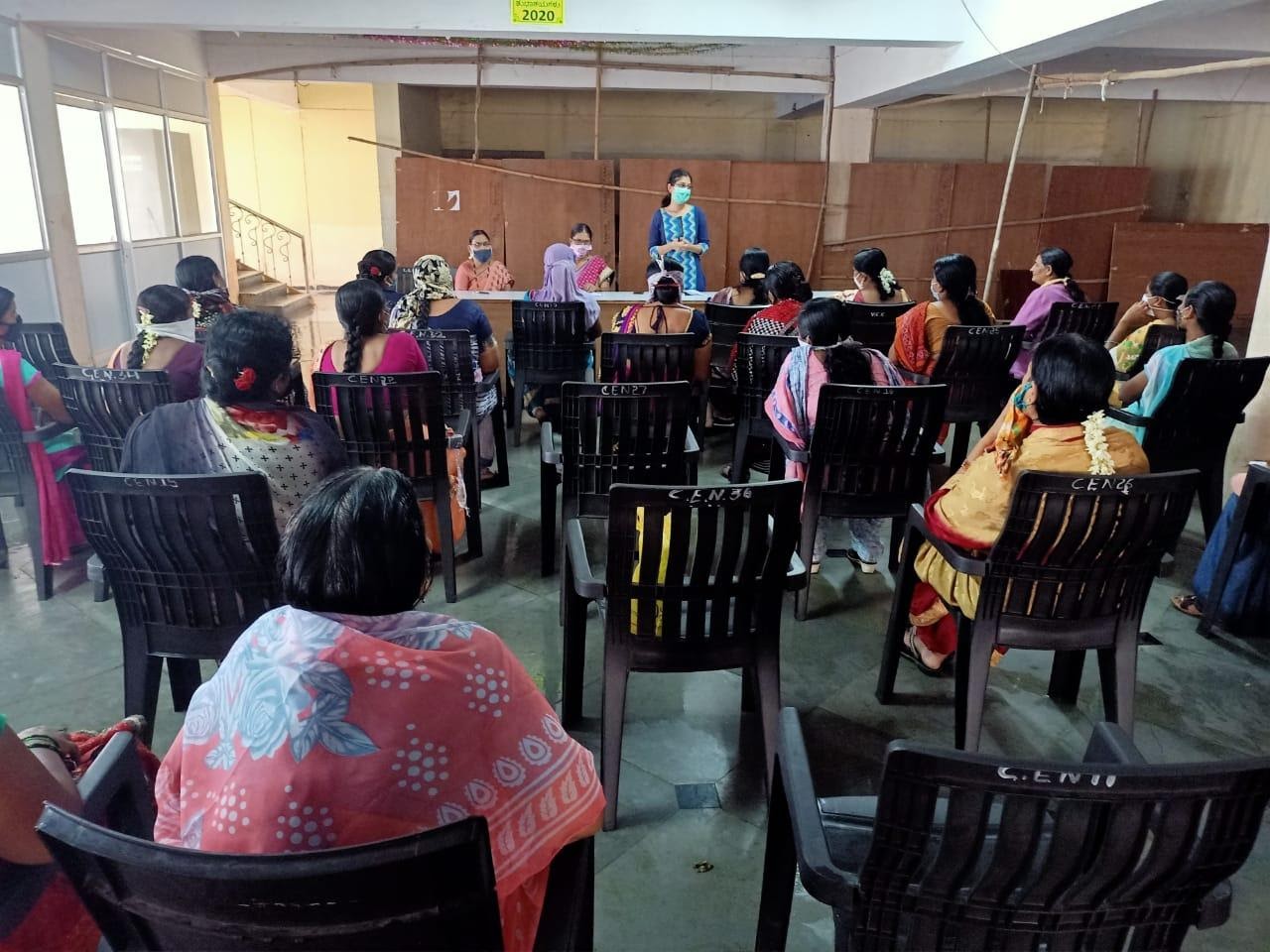
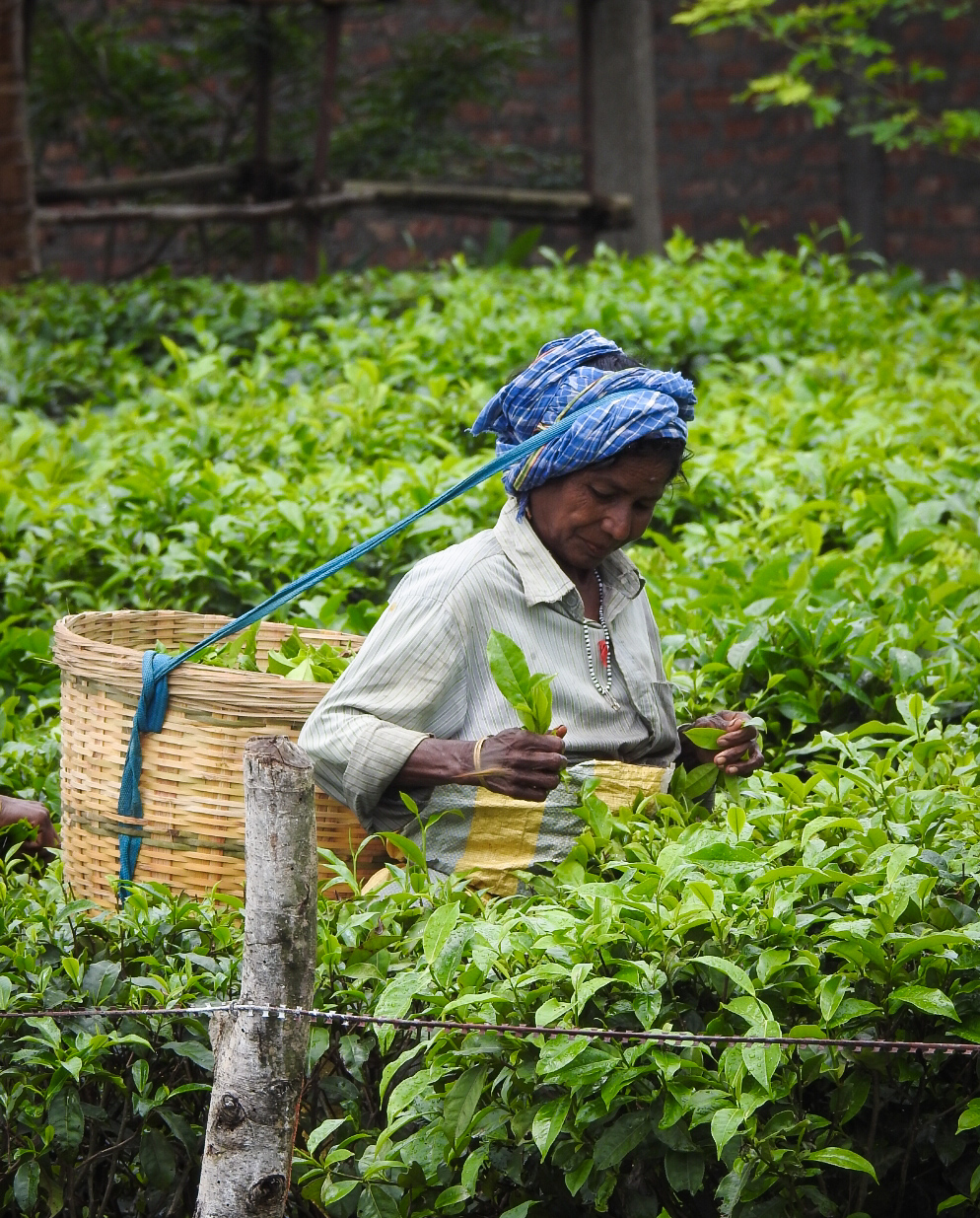

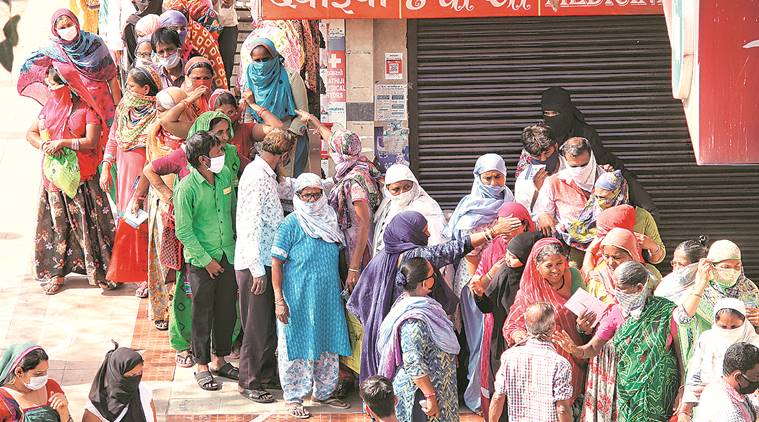

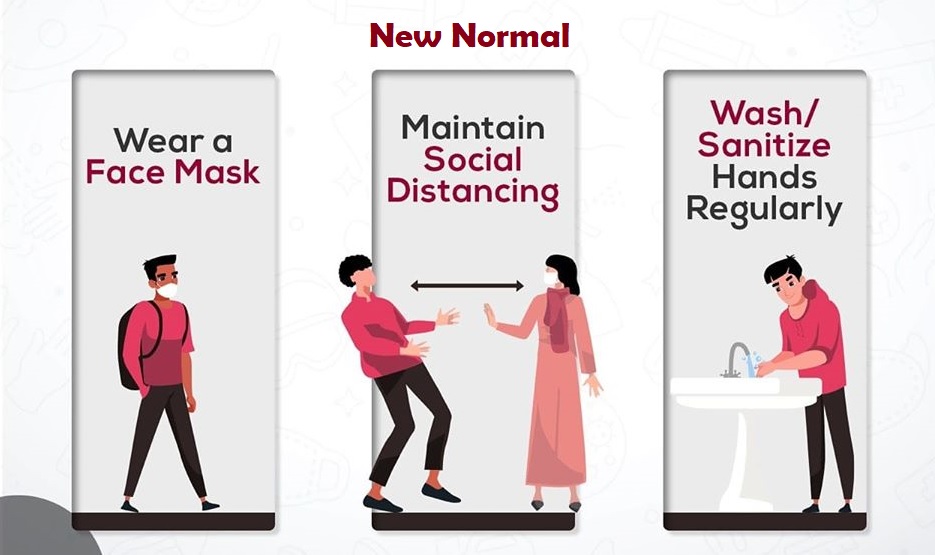
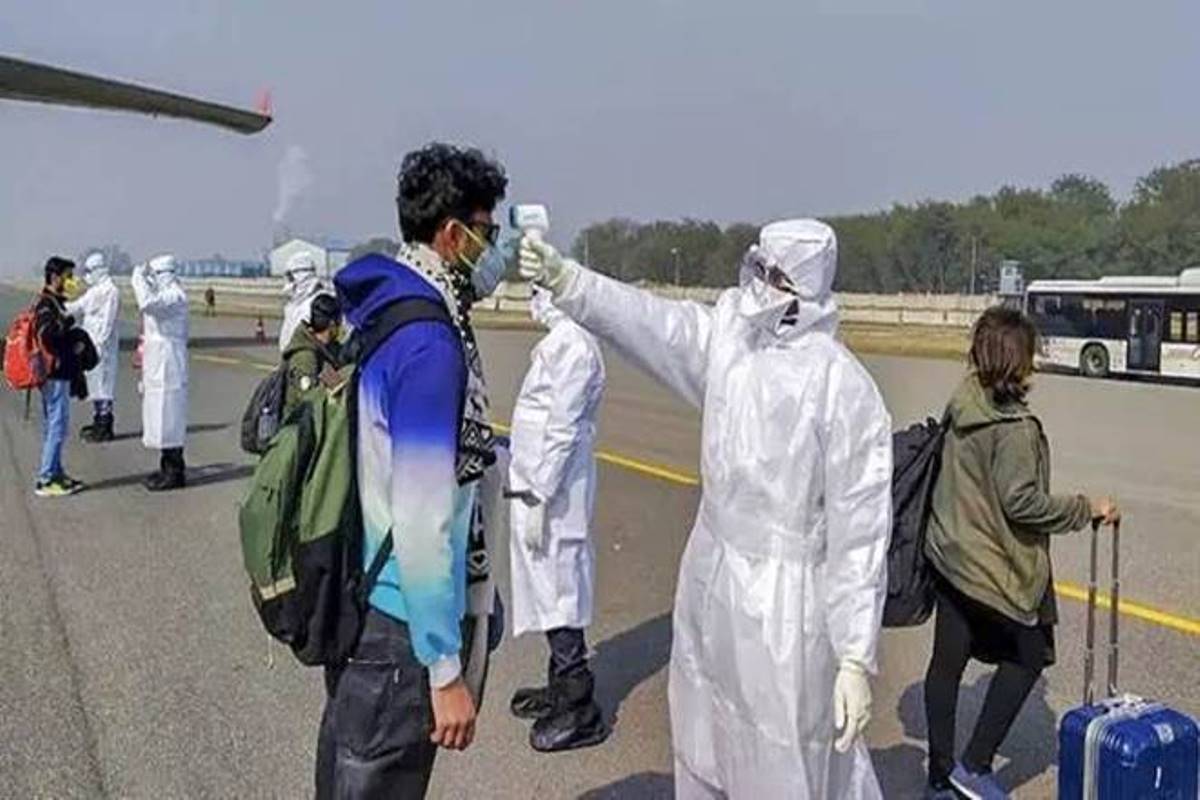

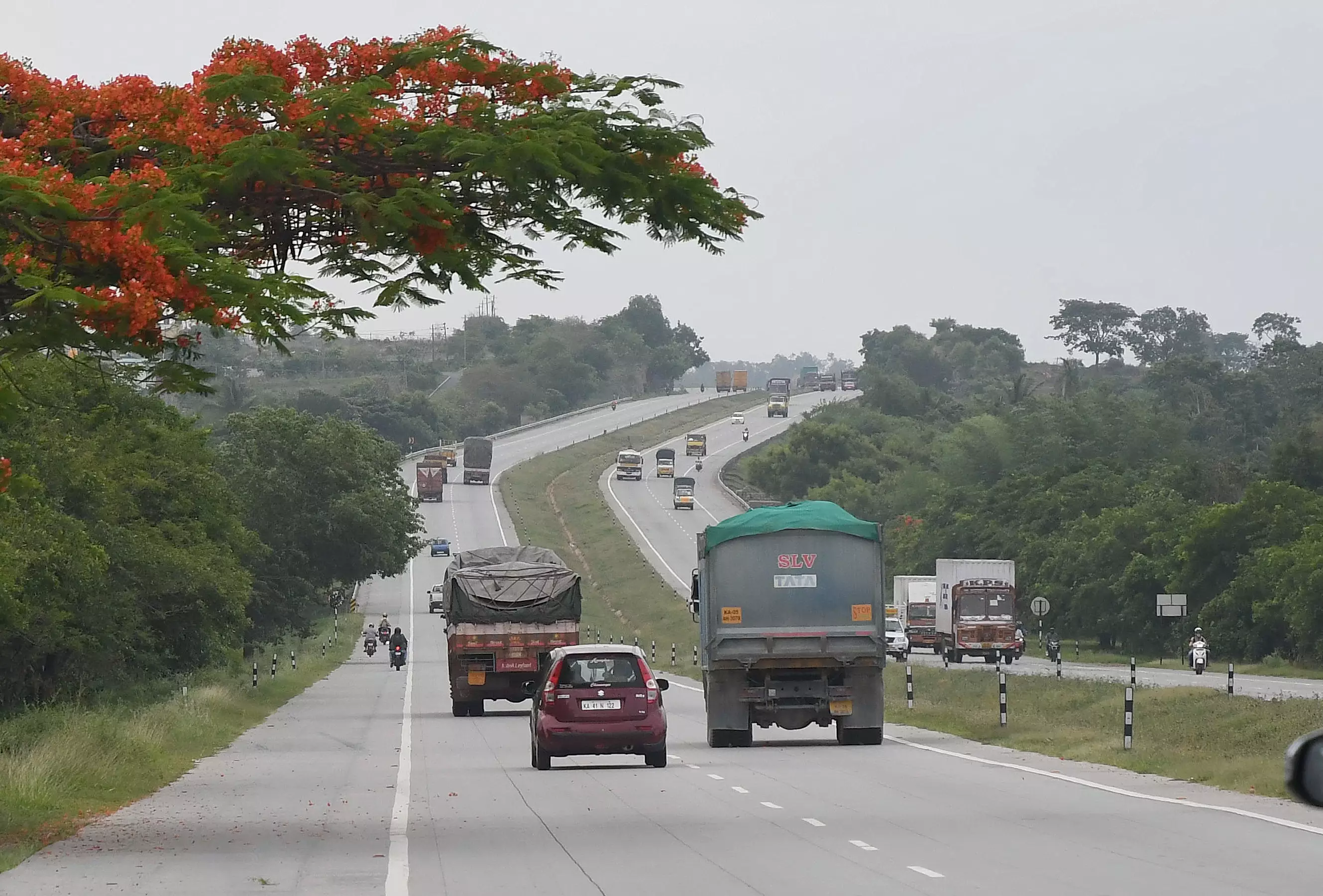
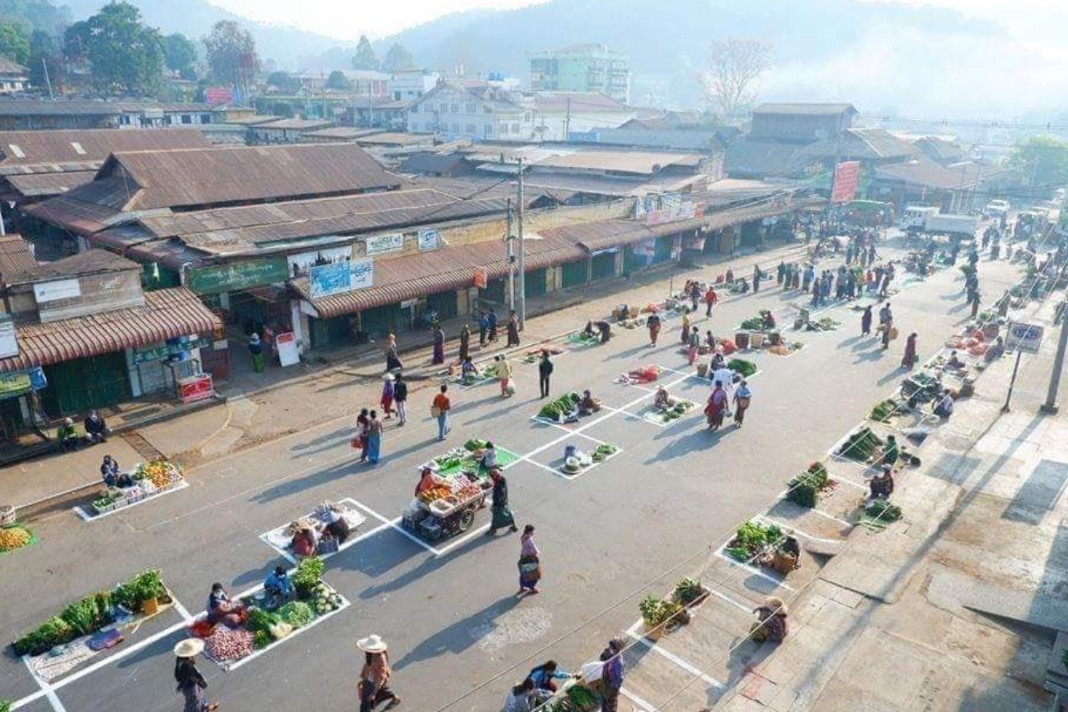
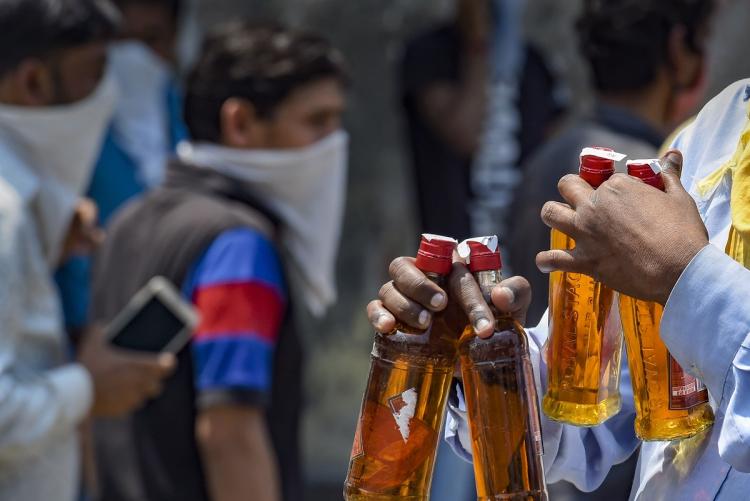
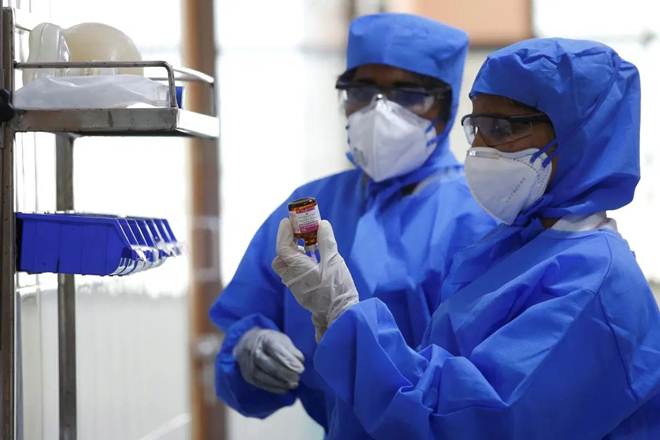
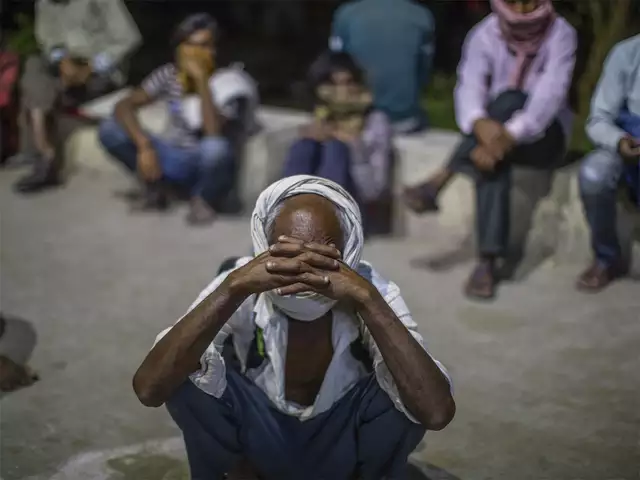
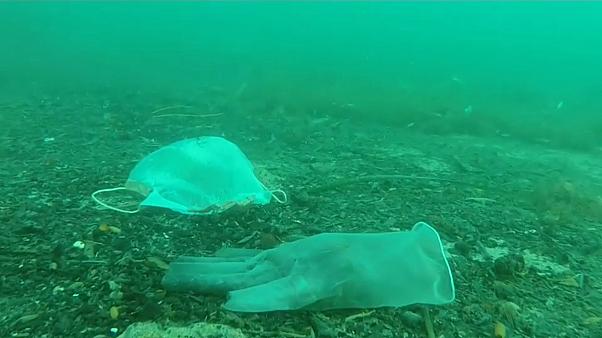
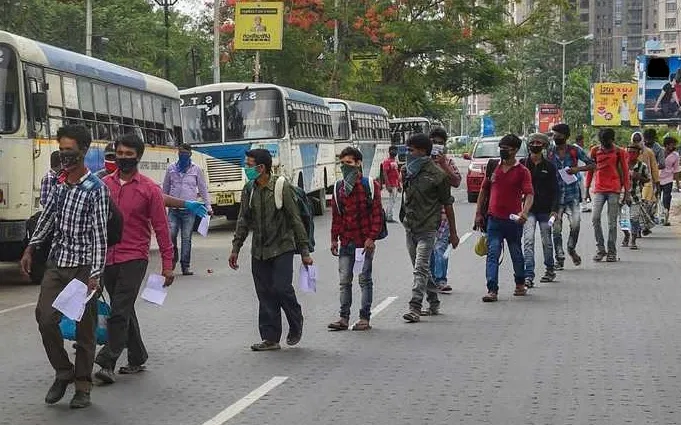

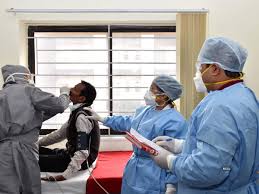

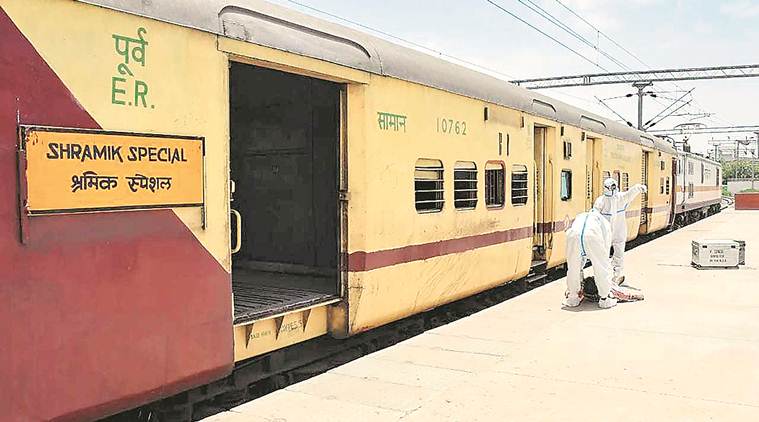

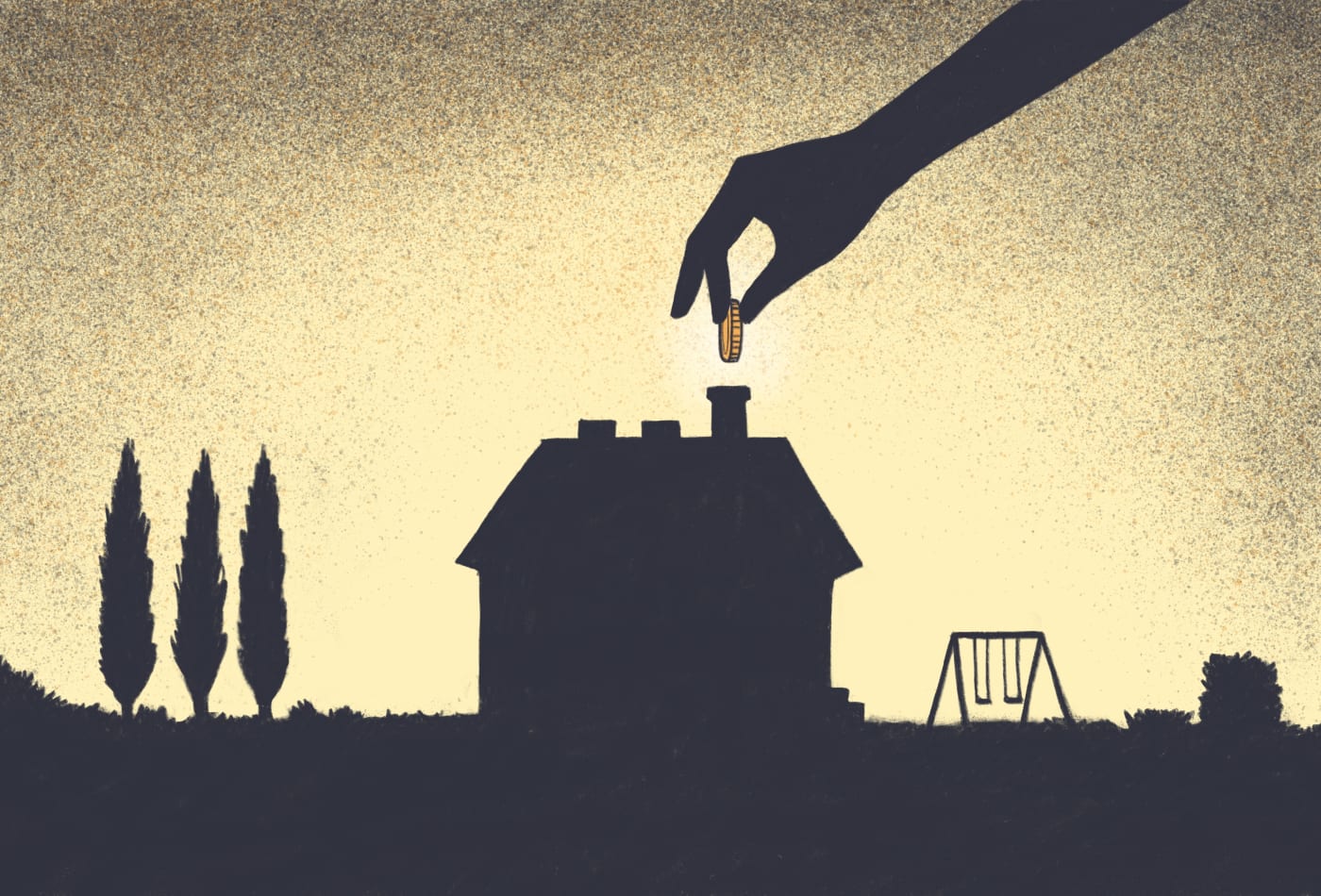

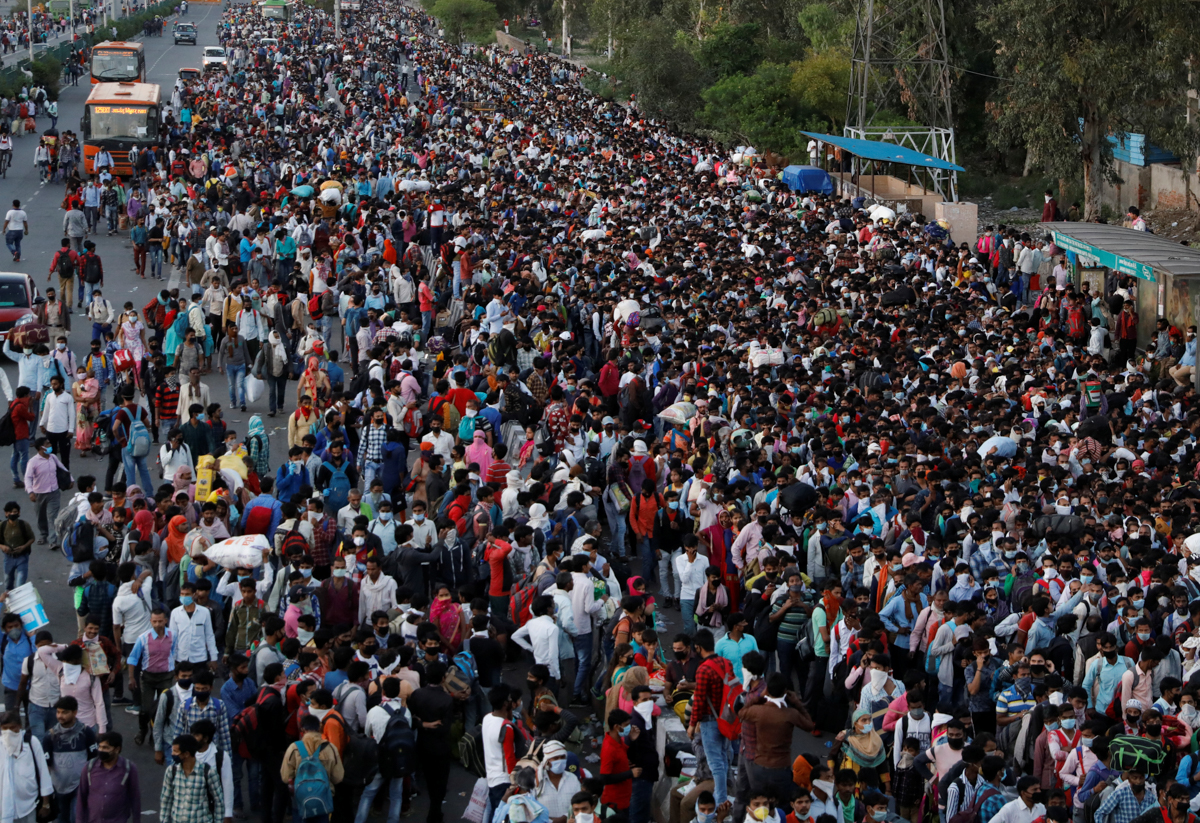
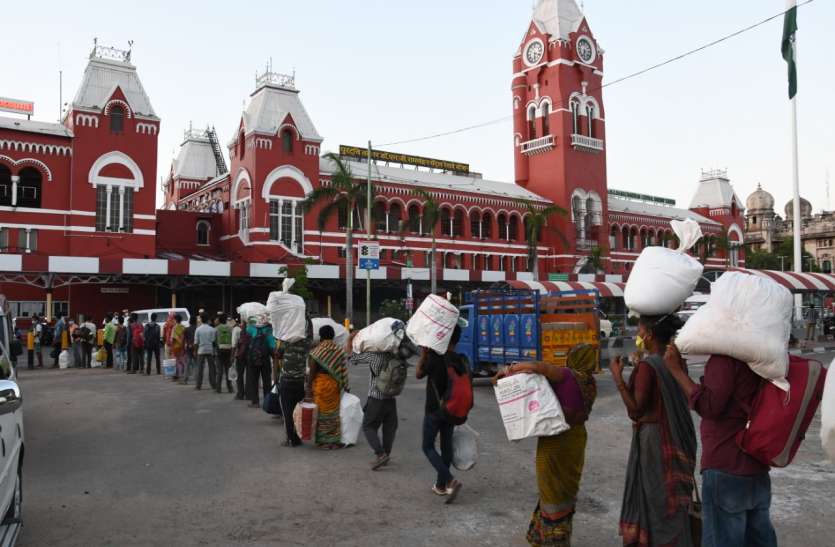
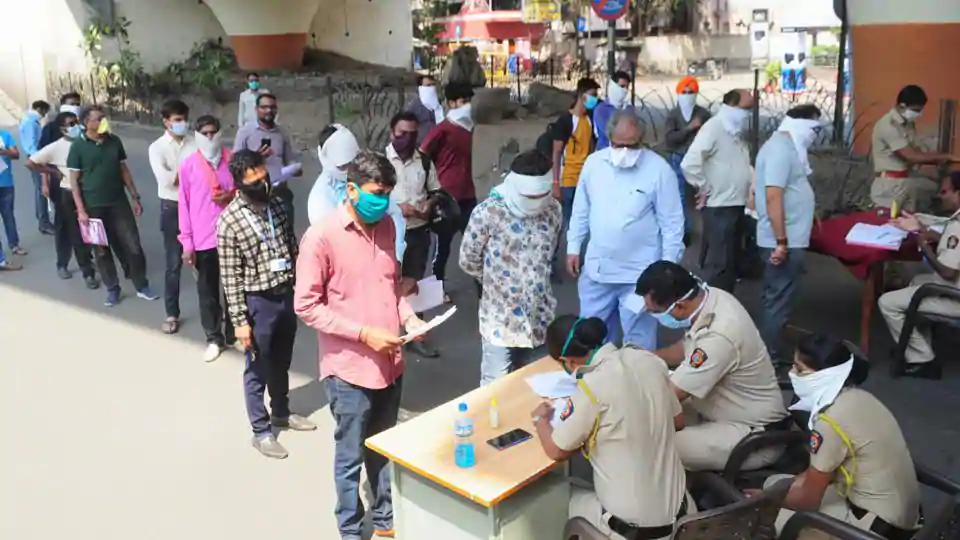
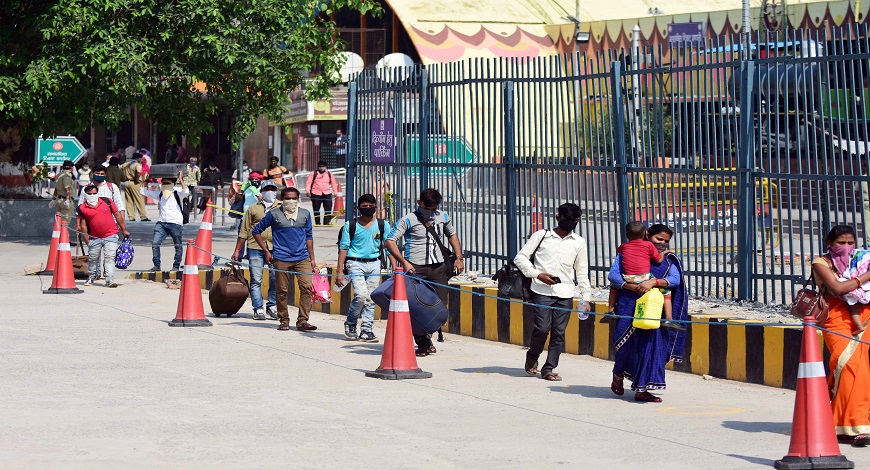
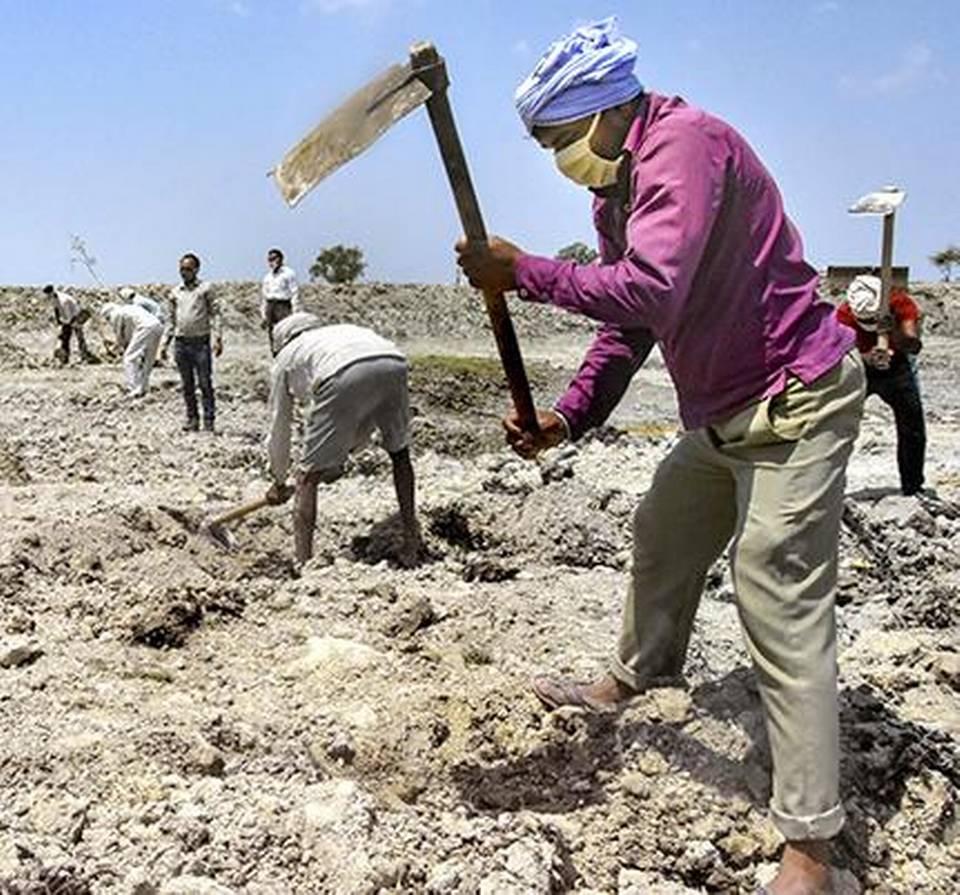
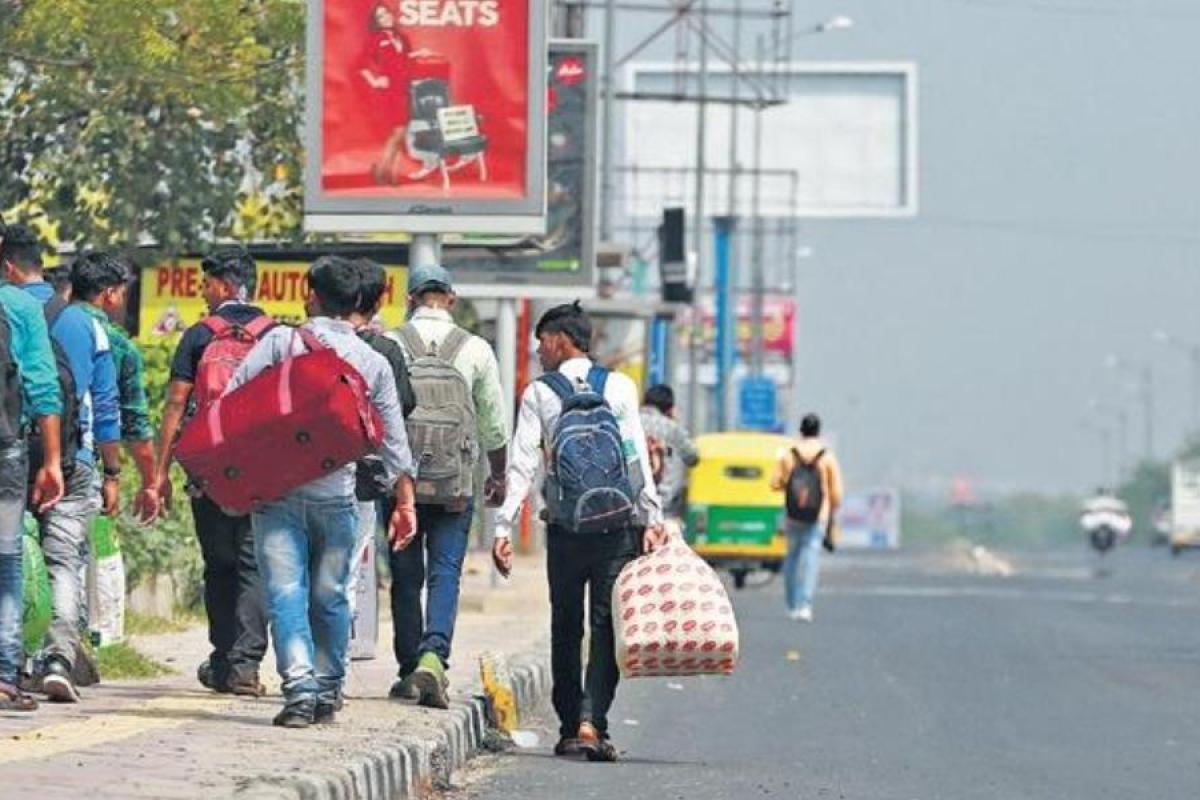
Harshvardhan Samvatsar